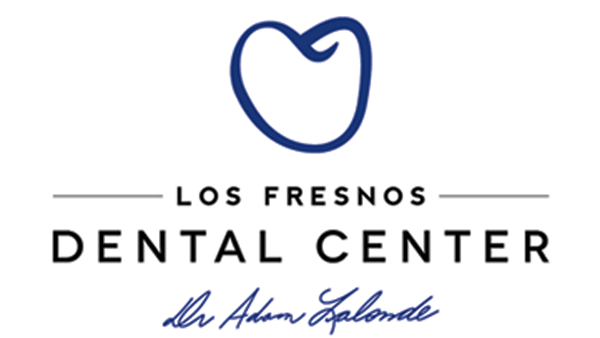- South Texas Students Meet Accordion Music Icons Los Tigres Del Norte In Edinburg Thanks To Khs America/Hohner Alianza Académica Initiative
- Fragile Planet Offers a Nighttime Wildlife Experience
- Falcons Soccer Off & Running
- Cameron County Receives Funds to Improve Two Parks
- Falcons Complete First Half of 32-6A
- School District to Help out Victims of California Wildfires
- Sand Castle Days Continued Despite Unexpected Weather
- Ready for District
- Discussion of Garbage Dumpster Rates, Agreements Between State & City on Highway Regulations, and More
- 31st Annual Shrimp Cook-Off is Right Around the Corner
Regular Dental Visits Can Help Prevent Oral Disease Before It Starts
- Updated: October 31, 2014
Q: Why do I need to see my dentist every six months to maintain my oral health?
ANSWERED by DR. GRAYSON SELLERS:

Dr. Grayson Sellers
Oral health means more than just an attractive smile. Poor oral health and untreated oral diseases can have a significant impact on quality of life. Many reports indicate a relationship between periodontal (gum) disease and stroke, heart disease, and pre-term low-birth-weight babies. Sadly, studies have shown that more than 75% of the population is affected by some type of periodontal disease or gingivitis, which could easily be prevented. Poor dental care can also contribute to oral cancer, which now takes more lives annually than cervical or skin cancer. Systemic diseases have oral manifestations, meaning your dentist may be the first healthcare provider to diagnose a health problem. Regular exams allow your dentist to keep your mouth in tip-top shape and watch for developments that may point to problems elsewhere in the body. Oral tissues reflect symptoms of other problems, and many diseases can be diagnosed in their early stages through an oral examination. A dental exam also picks up on poor nutrition and hygiene, growth and development problems and improper jaw alignment. Oral health mirrors overall health. Seeing a dentist every six months, combined with your own daily effort, will ensure that you keep a healthy smile and help identify diseases in their earliest stages. Call your dentist every six months to set up an exam or contact our office if we can schedule you for a new patient exam.

